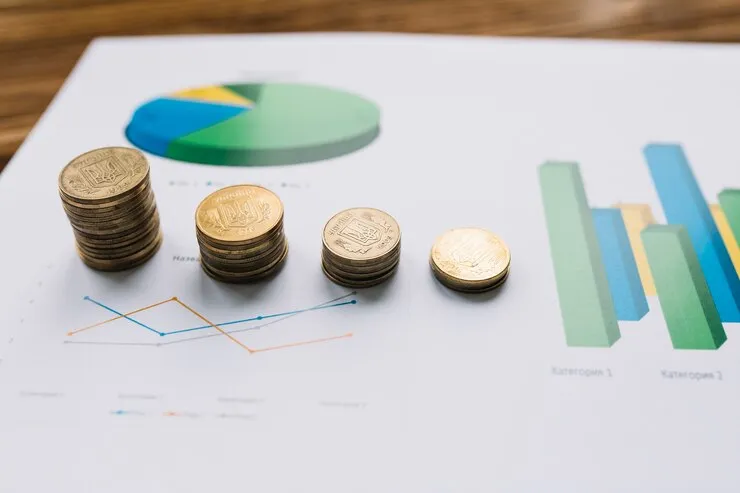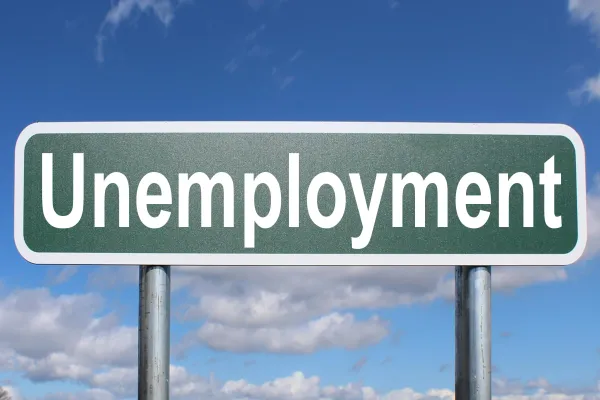
Various coins scattered on a table with financial graphs and charts in the background.
The Impact of Economics in All Spheres of Life: Understanding the Key Connections
Economics is a fundamental aspect of our daily lives, shaping the decisions we make, the opportunities available to us, and the overall functioning of society. From personal finance to global trade, economics plays a crucial role in determining the allocation of resources and the distribution of wealth. In this article, we will explore the diverse ways in which economics impacts various spheres of life, highlighting its significance and shedding light on its intricate connections.
Personal Finance
At an individual level, economics forms the foundation of personal finance management. Economic principles such as budgeting, saving, and investing help individuals make informed decisions about their money. Understanding concepts like supply and demand, inflation, and interest rates empowers individuals to navigate financial markets, make wise investment choices, and plan for the future. For example, if you want to purchase a vehicle, you can take a closer look at used automobiles. You can check out abetter.bid to a closer look at the used car market.
Education
Economics influences the education sector by shaping policies, funding, and resource allocation. Governments employ economic analysis to determine the optimal allocation of education budgets, set tuition fees, and design financial aid programs. Additionally, studying economics enables individuals to grasp the complexities of global markets, enhancing their ability to adapt and succeed in an ever-evolving economy.
Healthcare
The healthcare sector is deeply intertwined with economics. Health economics examines the production, distribution, and consumption of healthcare services. Economic factors such as cost, accessibility, and efficiency impact healthcare delivery systems, insurance policies, and medical research. Understanding healthcare economics helps policymakers make informed decisions to enhance healthcare outcomes while managing costs.
Environment
Environmental economics explores the interplay between economic activity and the environment. It examines the costs and benefits associated with environmental policies, resource depletion, and pollution. By incorporating economic incentives, such as carbon pricing or cap-and-trade systems, society can mitigate negative environmental impacts and promote sustainable practices.
Politics
Economics and politics are closely interconnected. Economic policies, such as taxation, government spending, and regulations, shape the overall economic landscape. Political decisions impact income distribution, market competition, and the business environment. Understanding the economic implications of political choices is essential for effective governance and public policy-making.
Technology and Innovation
Innovation and technological advancement are catalysts for economic growth. Economics drives the research and development of new technologies by examining the costs and benefits associated with innovation. Economic analysis helps firms determine optimal pricing strategies, assess market demand, and evaluate the potential profitability of new products. Moreover, the digital economy, characterized by e-commerce, online platforms, and data-driven decision-making, has transformed traditional economic structures.
Global Trade
International economics plays a pivotal role in shaping global trade relations. Trade agreements, tariffs, and exchange rates are key determinants of international commerce. Economic globalization has facilitated the movement of goods, services, and capital across borders, resulting in increased interdependence between nations. Understanding international economics is vital for countries to leverage their comparative advantages and participate in the global economy effectively.
Conclusion
Economics permeates every aspect of our lives, from personal finances to global trade. Its principles and concepts provide valuable insights into decision-making, resource allocation, and the functioning of societies. By understanding the impact of economics in diverse spheres, individuals can make informed choices and policymakers can design effective strategies for the betterment of society. As we navigate an ever-changing world, an appreciation for economics will continue to be essential in adapting to new challenges and harnessing opportunities for growth.


